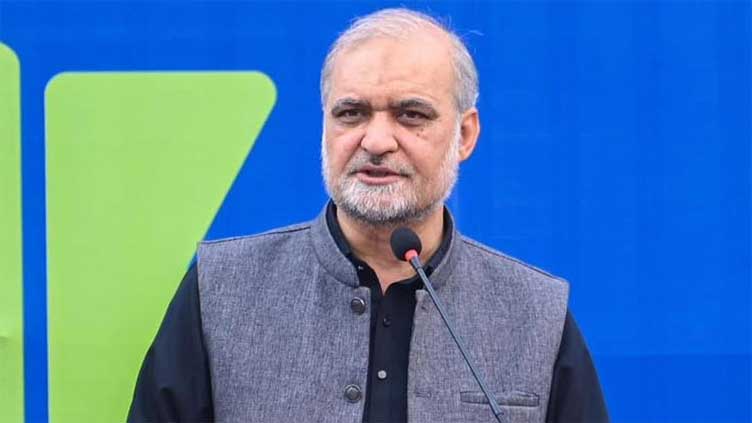Calls for Urgent Relief to Flood Victims
Jamaat-e-Islami (JI) chief Hafiz Naeem ur Rehman has strongly criticised the government’s response to Pakistan’s devastating floods. Addressing a press conference, he said millions of people have been affected and thousands of homes submerged, yet their economic struggles remain largely ignored.
“Who will speak for those who lost everything?” he asked. “The government must provide compensation and relief to the families who have lost their homes and livelihoods.”
Rehman insisted that relief must not remain a matter of promises but translate into immediate financial assistance. He pledged that Jamaat-e-Islami would continue to raise its voice for every individual impacted by the disaster.
Questioning Housing Projects Amid Disaster
During the press conference, the JI leader questioned the approval of housing projects by regulatory bodies. “On what grounds are NOCs being issued to housing societies,” he asked, “when people’s savings have drowned with the floodwaters?”
His criticism reflected concerns over urban planning and the lack of accountability in housing schemes that often leave residents vulnerable to natural disasters.
Environmental Concerns and Threat of Protest
Hafiz Naeem also linked the crisis to broader environmental issues. He argued that Pakistan’s unchecked urbanisation and concrete expansion — often referred to as “concrete jungles” — are contributing to rising temperatures and disturbing the natural environment.
He warned that if the government failed to ensure the protection of people’s homes, Jamaat-e-Islami would not hesitate to organise a nationwide long march in protest.
Millions of Acres of Farmland Affected
Highlighting the scale of the disaster, Rehman said more than four million acres of farmland were submerged, affecting over 3,000 villages. He noted that standing crops, particularly rice and cotton, suffered severe damage, sparking fears of an agricultural and food crisis.
According to government and aid agencies, Pakistan’s agriculture sector, which employs nearly 40 percent of the labour force, is highly vulnerable to climate-related disasters. The loss of major crops not only affects domestic food supplies but also reduces critical export earnings.
Warning of a Wheat Crisis
The JI chief further warned that Pakistan is heading toward a wheat shortage, adding to an already fragile food security situation. He criticised the Punjab government’s decision to fix the wheat support price at 3,900 rupees per 40 kilograms, arguing that the rate is unfavourable to farmers.
“Farmers need incentives and subsidies,” he said. “Without them, the country will plunge deeper into a food crisis.”
Pakistan has historically faced challenges in balancing farmer support with consumer affordability. In 2022, the country imported more than 2.6 million tons of wheat to bridge its shortfall, underlining the vulnerability of local production.
Religious Appeal in Times of Trial
Rehman also urged the nation to turn to God during what he described as a period of severe trial. He called for repentance and self-reflection, not merely in words but through actions.
“Floods and earthquakes should make us reflect on our deeds,” he said, linking natural calamities with the need for moral and spiritual reform.
Criticism of Judicial and Economic Systems
In the final part of his press conference, the JI leader turned his criticism toward Pakistan’s institutions. He said the judicial system primarily serves powerful elites and fails to deliver justice to ordinary citizens.
He also denounced what he called an “interest-based economy,” saying it stands in opposition to Islamic principles. Without moral and systemic reform, he warned, the country would face deeper crises.
Broader Context: Pakistan’s Vulnerability
Pakistan ranks among the most climate-vulnerable countries in the world, despite contributing less than one percent to global carbon emissions. In 2022, unprecedented monsoon rains and floods affected 33 million people nationwide, killed more than 1,700, and caused damages estimated at over $30 billion.
Since then, climate resilience and disaster management have become pressing national issues. Political leaders, including those in opposition, continue to push for stronger policies to protect lives, livelihoods, and agricultural stability.
Looking Ahead
Hafiz Naeem ur Rehman’s remarks highlight growing frustration with government relief efforts and underline the mounting pressure to address Pakistan’s intertwined crises of climate, agriculture, and governance.
As flood-hit families wait for compensation and farmers struggle with low crop prices, the risk of social unrest continues to grow — making relief, recovery, and reform urgent priorities for the state.















